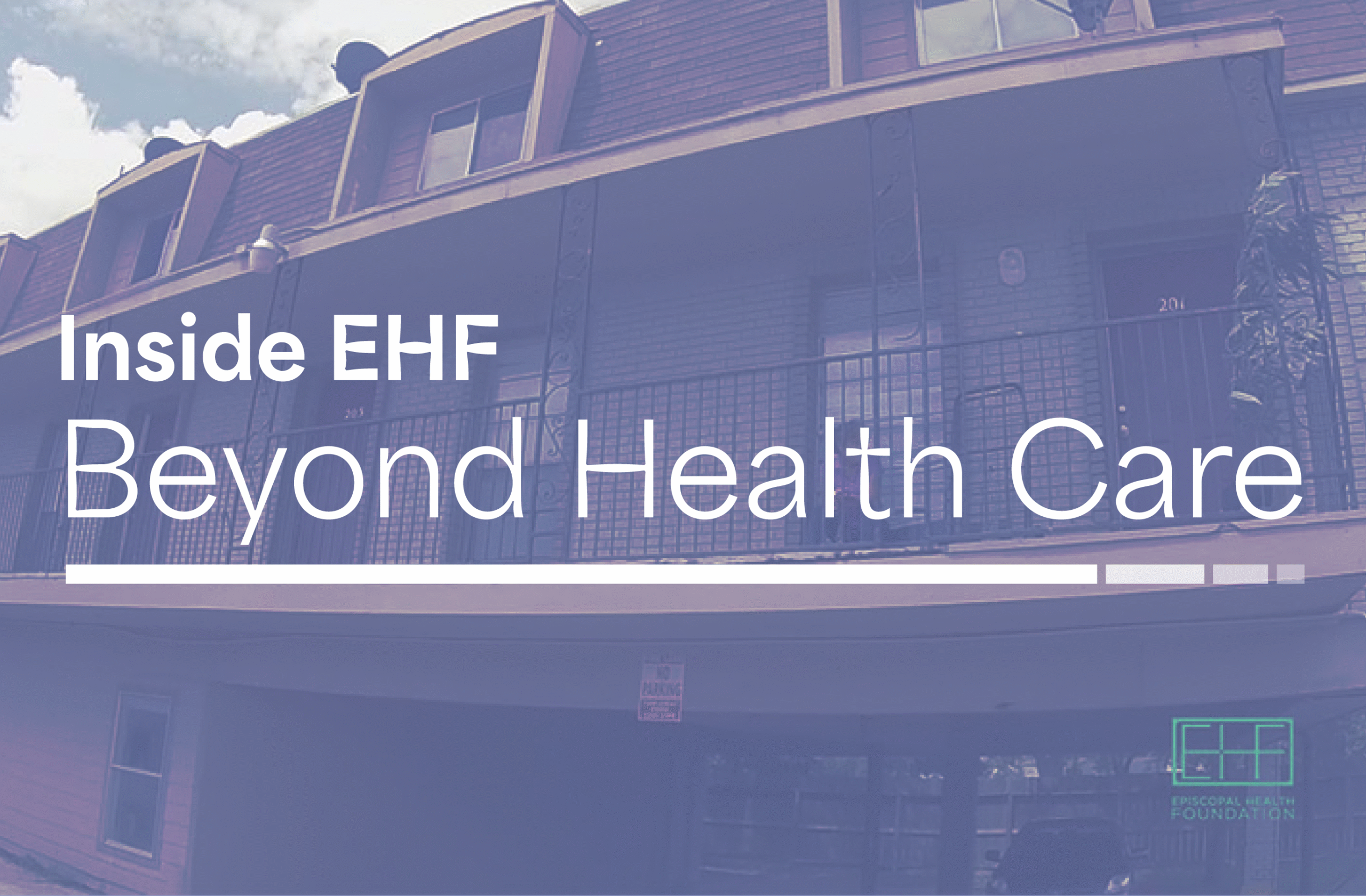
The lasting impact of redlining on health in Texas cities
EHF’s Willie Bennett looks at how past housing policies continue to shape health, opportunity, and life expectancy.

EHF’s Willie Bennett looks at how past housing policies continue to shape health, opportunity, and life expectancy.
As part of Black History Month, EHF highlights how community advocacy and the North Texas Maternal Health Accelerator are turning policy wins into measurable improvements for families.
EHF is a part of Feed the People Today, a new statewide effort focused on nutrition, health, and programs families rely on.
During Black History Month, EHF is sharing stories and insights that highlight community leadership, lived experience, and the non-medical conditions that shape health in Texas.
Media Contact
Brian Sasser
Chief Communications Officer
CELL 832-795-9404
bsasser@episcopalhealth.org
Subscribe to our newsletter
Sorry. This form is no longer accepting new submissions.

Nearly half of Asian Americans and Pacific Islanders (AAPI) in Texas say they skipped or postponed medical care in the past year because of cost. In addition, the vast majority of AAPI Texans say that they live in communities without adequate non-medical resources that impact their health. Those are just some of the findings of EHF’s first-ever statewide survey of AAPI health experiences in Texas.
Learn why one of the largest health foundations in Texas – led by a physician – is doubling down on addressing non-medical factors impacting health, and will now target food and nutrition security, maternal health, and diabetes prevention as new priorities.
Almost 7 out of 10 Texans say they skipped or postponed medical care in the past year because of cost, including check-ups, treatments, and filling prescriptions. That’s the highest percentage of Texans who say they skipped care in the five-year history of the Episcopal Health Foundation (EHF) annual poll.
Episcopal Health Foundation has invested $22.8 million in new grants that help community-based organizations and clinics address non-medical drivers of health, while providing access to comprehensive, preventive health services to low-income families across Texas. The investment is EHF’s largest single cycle of grants to date.